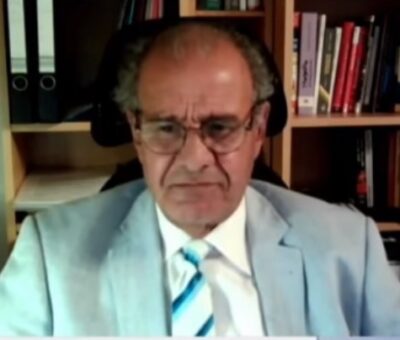This paper attempts to analyse the reasons that paved the way for the US administration to take the decision of direct military intervention and change the political regime in Iraq in 2003 and not in 1991, focusing on changing economic interest of the USA in the region which influenced that decision. There is near consensus among Iraqi political analysts that the American in
Read MoreAs a result, Washington policymakers barreled in 20 years ago with no real awareness of what would happen. As we approach the 20th anniversary of the Iraq invasion, we should reflect on what lessons the United States may have gleaned from the experience and whether such lessons will deter any future military operations to effect regime change. By all accounts, the invasio
Read MoreIraqi Prime Minister Mohammed Shia’ al-Sudani, who was sworn in on October 27, 2022, has nearly completed the first 100 days of his tenure. In this short period, he has shown himself to be an energetic and shrewd politician, balancing his commitments to Iran-friendly forces in Iraq while also maintaining good relations with Arab neighbors and the United States. His political su
Read MoreIntroduction At no time since the founding of the modern nation of Iraq in 1921 hasthe country faced a greater set of deep-seated and intractable challengesto its fragile state–society relations. In June 2014 the Sunni Arab terror-ist network known in English as the Islamic State of Iraq and Syria (ISIS)conducted a series of highly coordinated and brazen attacks across part
Read MoreTwelve months of high drama in Iraqi politics finally ended on October 27, with the investiture of a new government headed by Mohammed Shia’ al-Sudani. Two weeks prior, the Iraqi parliament elected Abdul Latif Rashid as the country’s president following his nomination by the Kurdistan Democratic Party (KDP) to succeed Barham Salih of the Patriotic Union of Kurdistan (PUK). Thes
Read More




